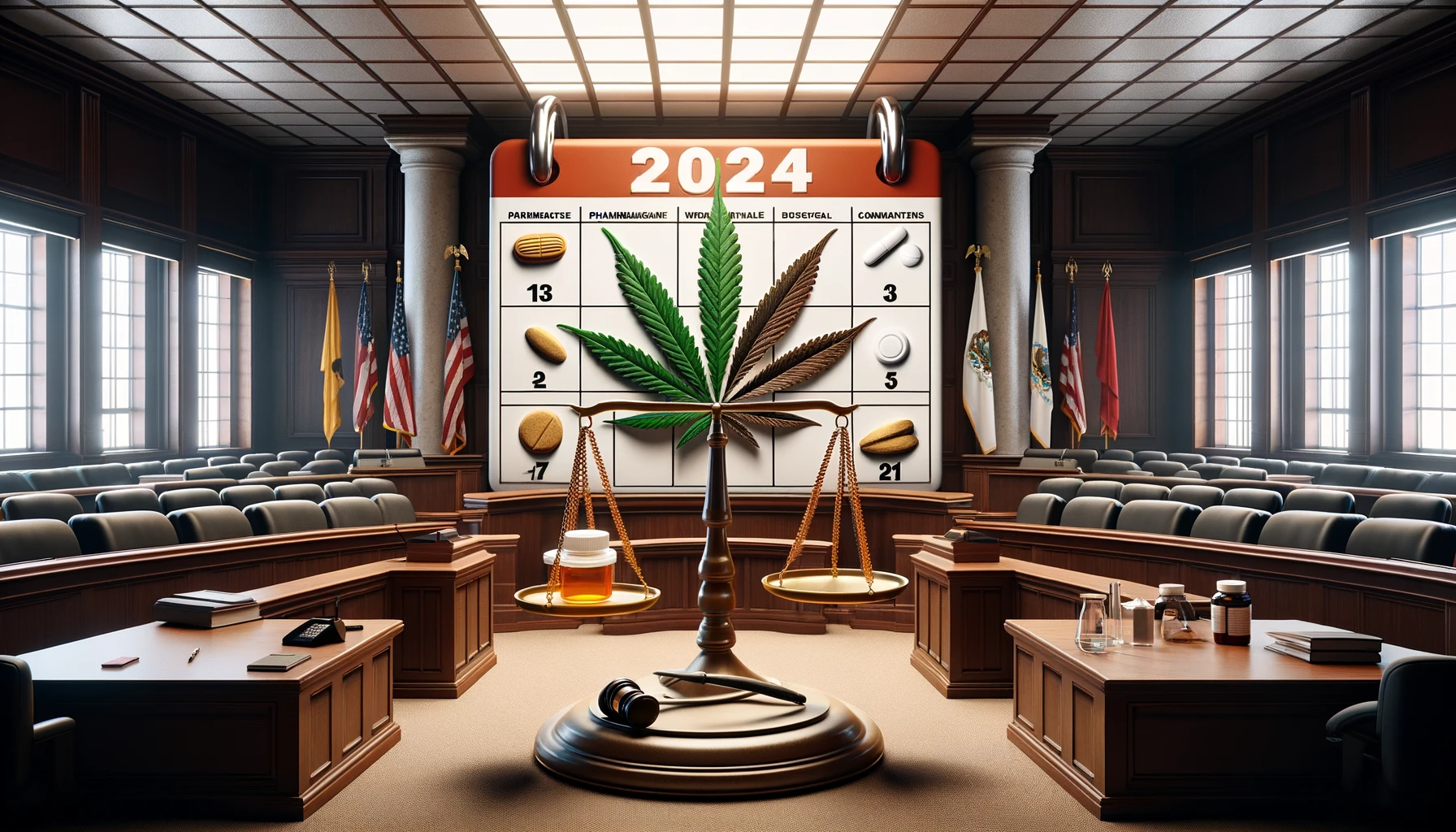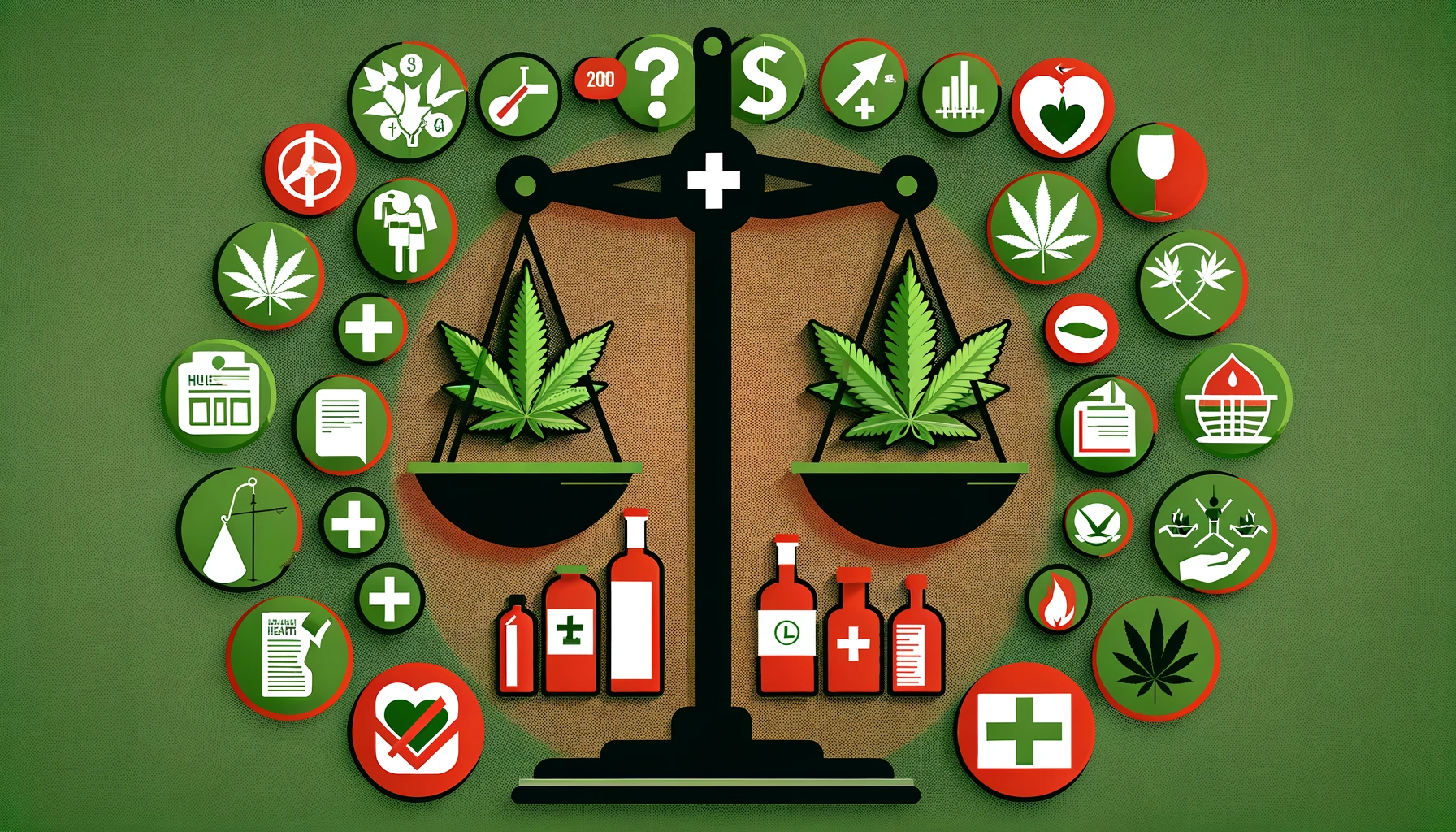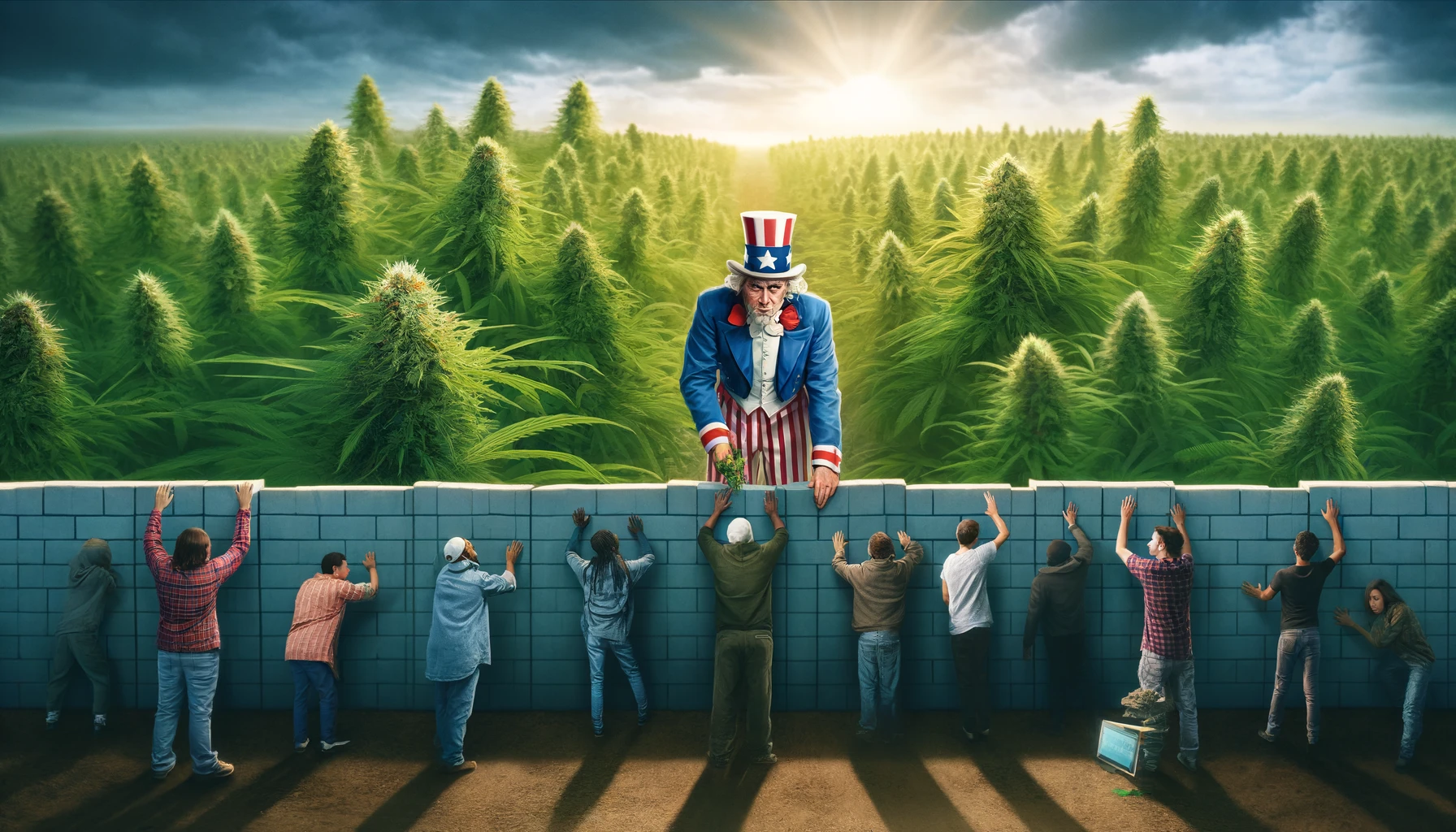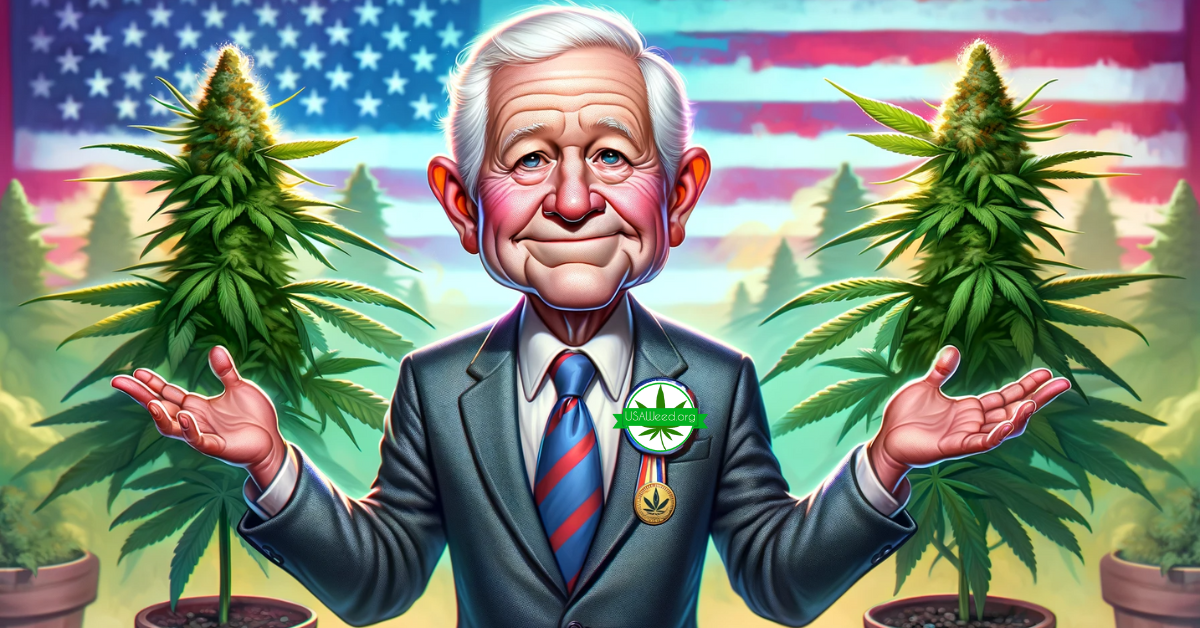It has been 11 years since recreational cannabis became legal. What’s the hold up?
Hey everyone, Tim Vee here, owner of USAWeed.org. Today, I want to talk about something that’s been on my mind—and probably yours too—for a long time: cannabis rescheduling.
We all know it’s high time (pun intended) for cannabis to be treated fairly, especially when you compare it to alcohol. So why the holdup? Let’s dive into the latest developments, why aligning cannabis with alcohol makes sense, and the frustrating reasons politicians aren’t forcing the DEA to get it done.

Current Cannabis Scheduling
First, let’s talk about where we stand. Cannabis is still classified as a Schedule I substance under the Controlled Substances Act. This means it’s supposedly as dangerous as heroin and more dangerous than cocaine.
Meanwhile, alcohol, which wreaks all sorts of havoc, isn’t scheduled at all. This outdated classification stifles research, complicates legality, and holds back the industry.
Recent Developments in Cannabis Rescheduling
Lately, there have been some exciting moves toward changing this. Congress has seen bills like the Marijuana Opportunity Reinvestment and Expungement (MORE) Act and the Cannabis Administration and Opportunity Act.
These aim to lower or eliminate cannabis from the schedule entirely. Influential politicians are finally starting to get it, voicing support and pushing for change.
Why Cannabis Should Be Rescheduled Like Alcohol
Medical and Scientific Evidence
Let’s get real—cannabis has legitimate medical uses. Pain relief, seizure control, anxiety reduction—you name it. Unlike alcohol, which has zero medical benefits and plenty of health risks, cannabis offers therapeutic potential.

Economic Benefits
Rescheduling cannabis could be a goldmine. We’re talking job creation, tax revenue, and lower enforcement costs. The legal cannabis industry is already pumping billions into the economy, and this is just the beginning.
Social Justice and Criminal Justice Reform
Current cannabis laws disproportionately hit minority communities the hardest. Rescheduling would help correct these injustices by reducing arrests and convictions for cannabis-related offenses. It’s a no-brainer.
Health Risk Comparison
Alcohol causes addiction, liver disease, and impairs judgment. Cannabis? Far fewer severe health risks and a much lower potential for addiction. It’s time we recognize this reality.
Barriers to Rescheduling

Role of the DEA
The DEA is a major roadblock. Changing the schedule of cannabis requires heaps of evidence and bureaucratic approval. It’s a slow, complex process that the DEA isn’t rushing to expedite.
Political and Bureaucratic Challenges
Politicians and bureaucrats love to drag their feet. Despite growing public support, many of them are reluctant to push for rescheduling because they fear political fallout. They’re more worried about their careers than doing what’s right.
Influence of Anti-Cannabis Lobbying
Let’s not forget the powerful lobbying groups opposing cannabis rescheduling. These groups spread misinformation and use their influence to keep things as they are. It’s frustrating, to say the least.
Public Perception and Stigma
There’s still a stigma around cannabis, thanks to decades of propaganda. Misconceptions persist, making it harder to shift public opinion and, consequently, political action.
Why Politicians Aren’t Forcing the DEA to Reschedule

Political Risk and Public Opinion
Many politicians see supporting cannabis rescheduling as a political risk. They fear losing certain voter demographics and prefer to play it safe. It’s all about staying in office.
Complexity of Changing Federal Laws
Federal law changes are complicated and slow. It requires coordination between multiple branches of government, which deters some politicians from taking action.
Potential Backlash
Politicians worry about backlash from conservative voters and interest groups. They’re caught between supporting cannabis reform and risking the wrath of other constituencies.
Strategic Considerations
Some politicians avoid the issue altogether to maintain party alignment or avoid controversy during re-election campaigns. It’s a strategic dance that often sidelines cannabis reform.
Potential Pathways to Rescheduling

Legislative Actions and Proposals
Passing bills like the MORE Act could directly reschedule cannabis. Legislative action is a straightforward way to change federal drug policy.
Executive Actions and Directives
The President has the power to direct federal agencies to review cannabis scheduling. This could speed up the process significantly.
Public Advocacy and Pressure
Grassroots movements and advocacy groups are crucial. Public pressure can sway politicians and drive legislative change. Keep raising your voice!
Collaboration Between State and Federal Governments
States that have legalized cannabis can work with federal agencies to show the benefits of rescheduling. Successful state models provide a blueprint for federal action.
Aligning cannabis scheduling with alcohol regulations is crucial for research, economic growth, and social justice. The fact that it’s taken this long is frustrating, but progress is happening. Stay informed, support rescheduling efforts, and remember to find safe, tested cannabis products.
Thanks for reading. Keep pushing for change, and let’s make cannabis fairness a reality.
Additional Resources
Stay tuned for more updates and find great, safe, and tested cannabis friendly accommodations on our site!

